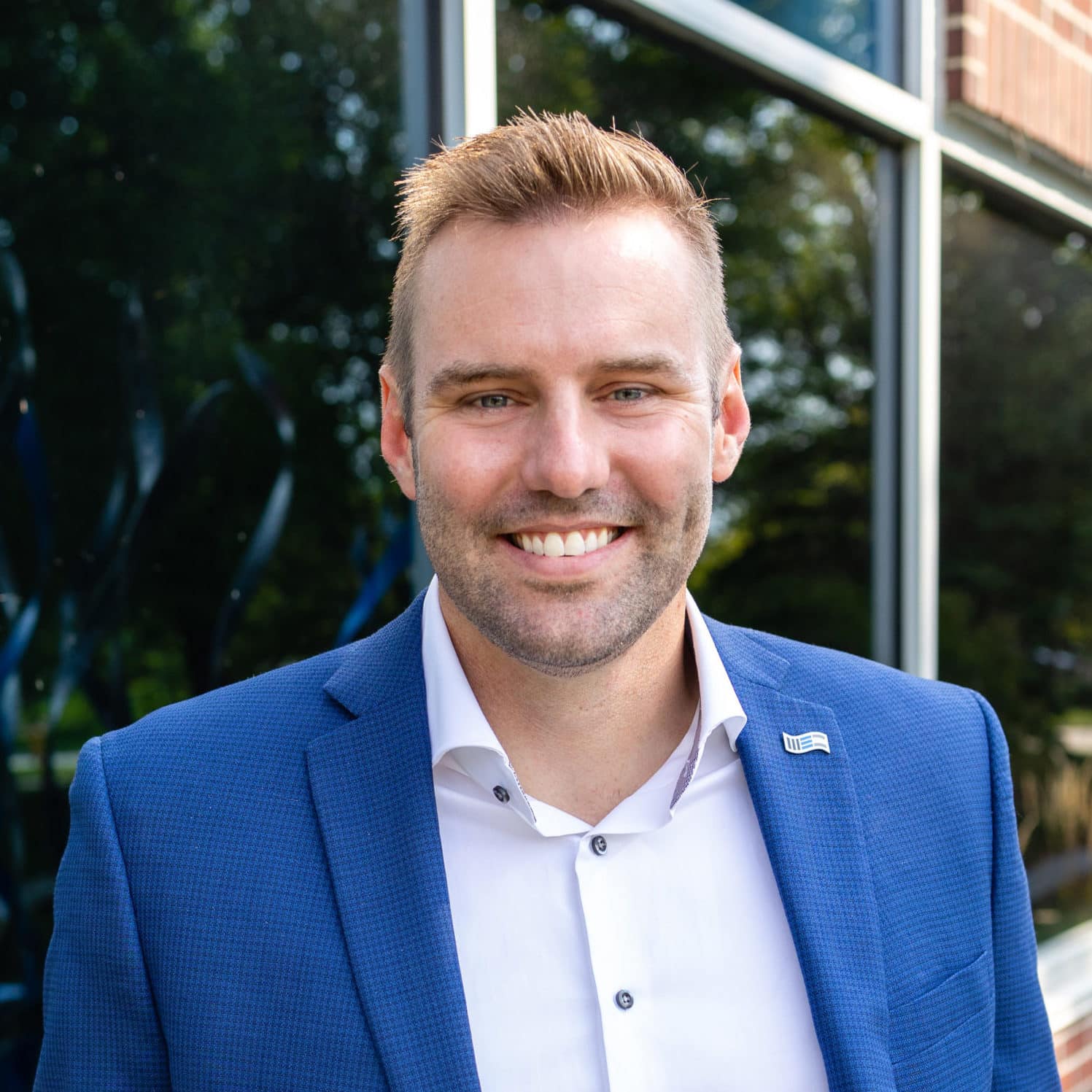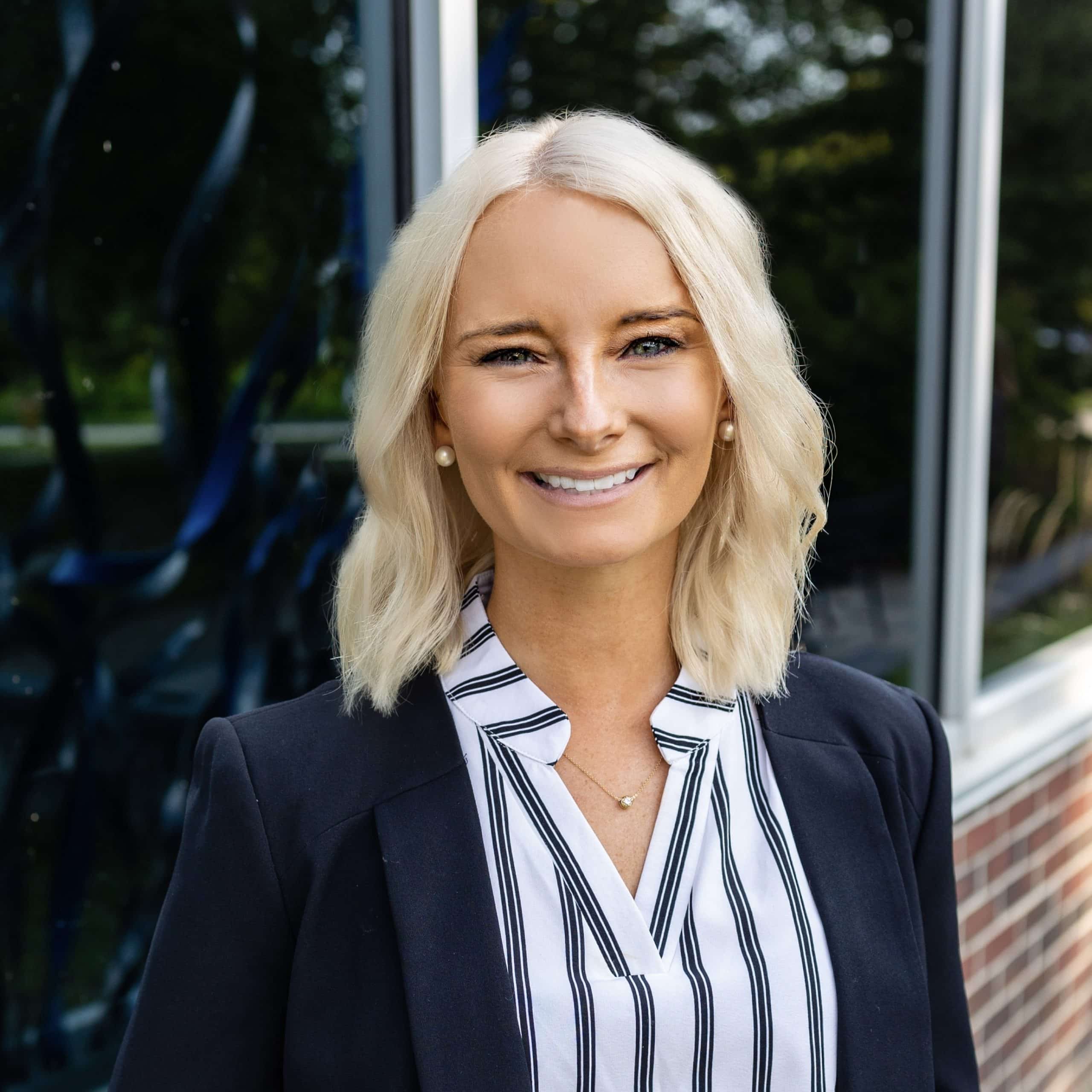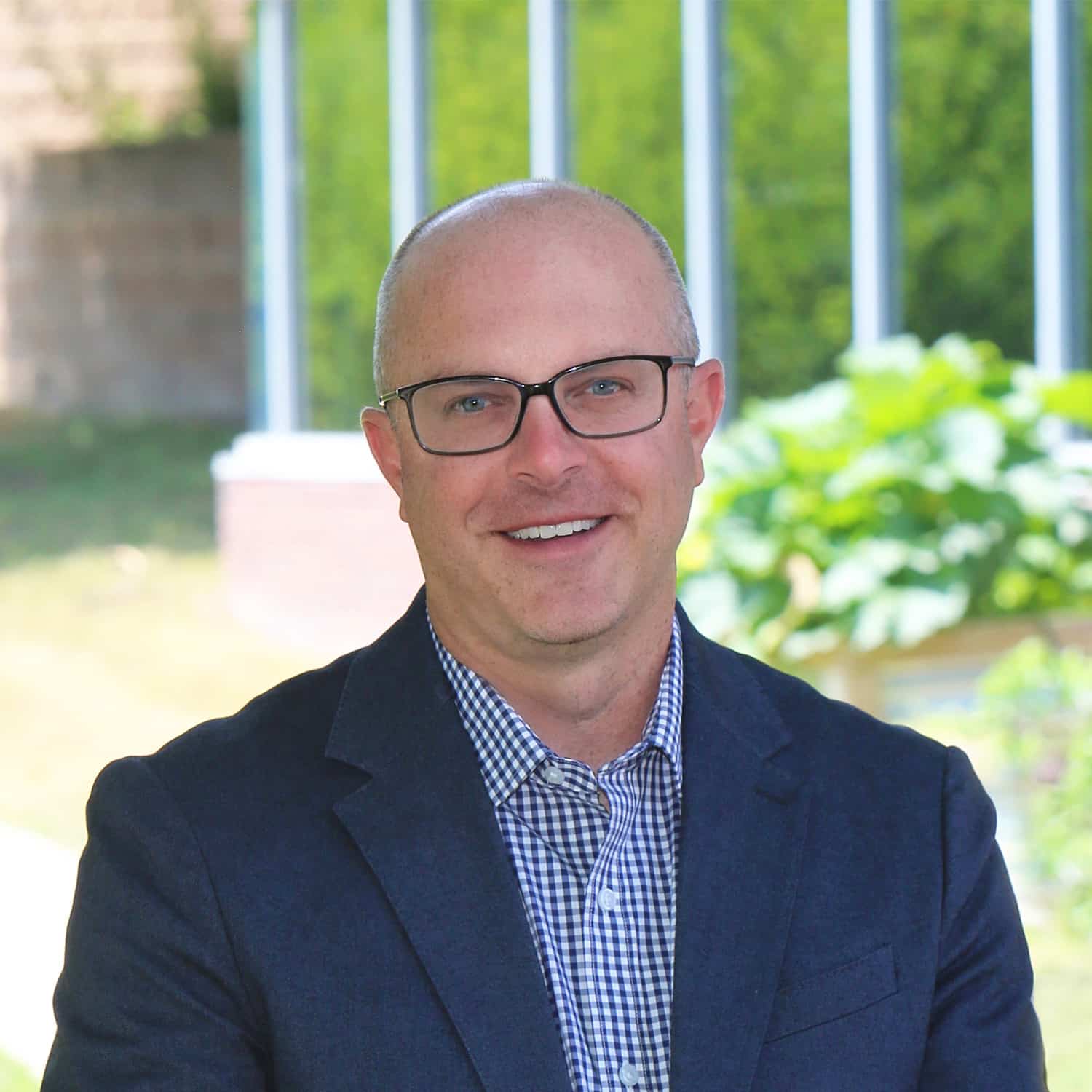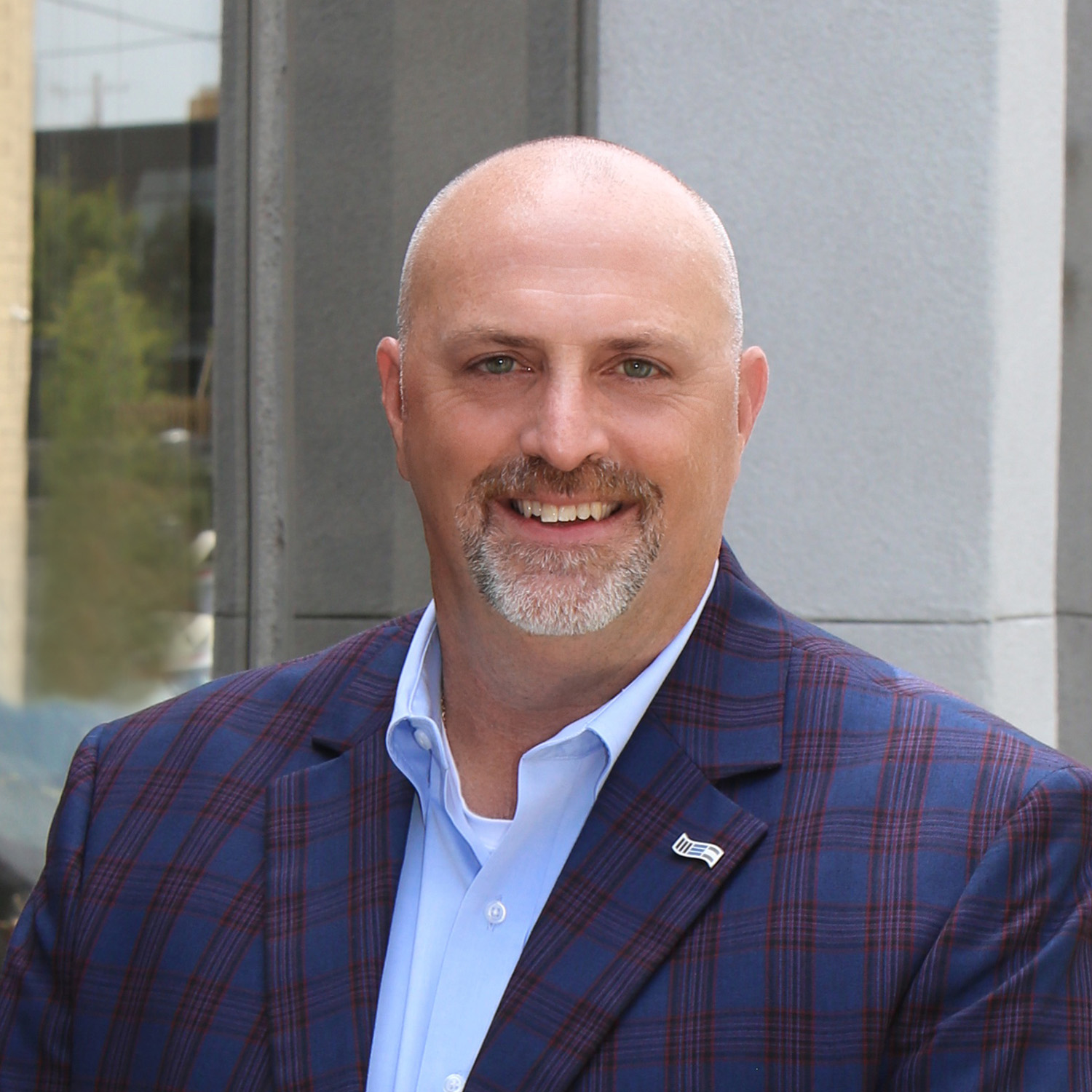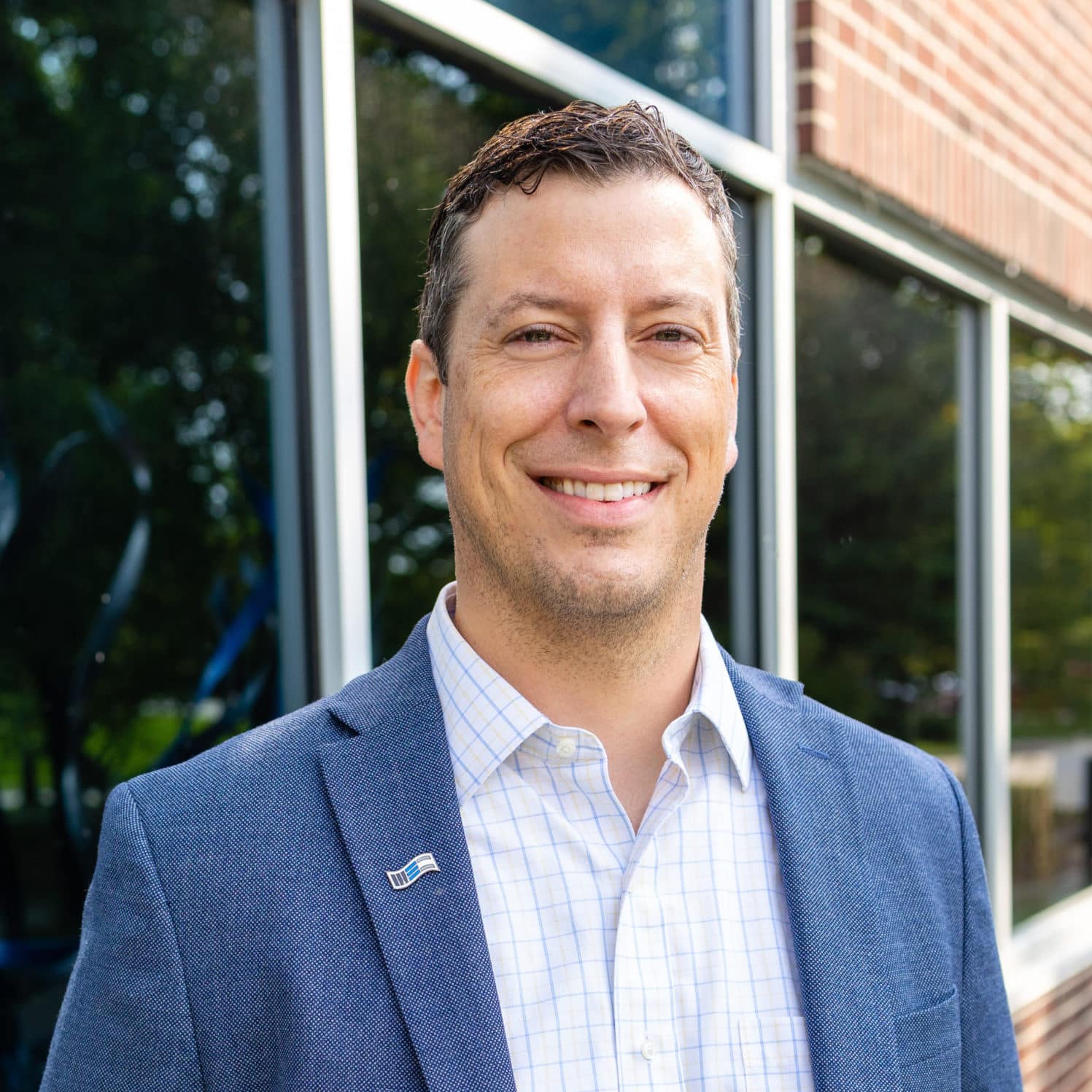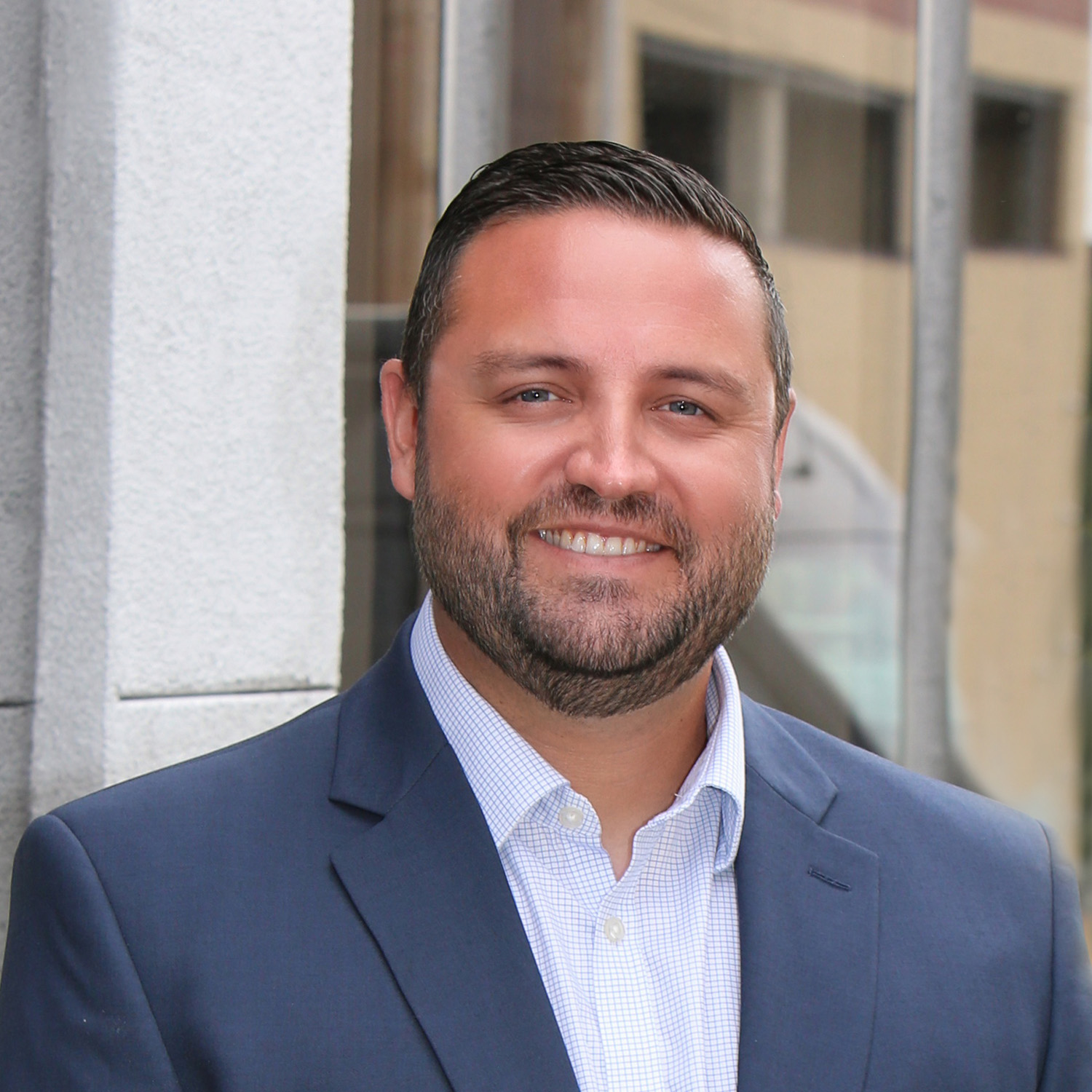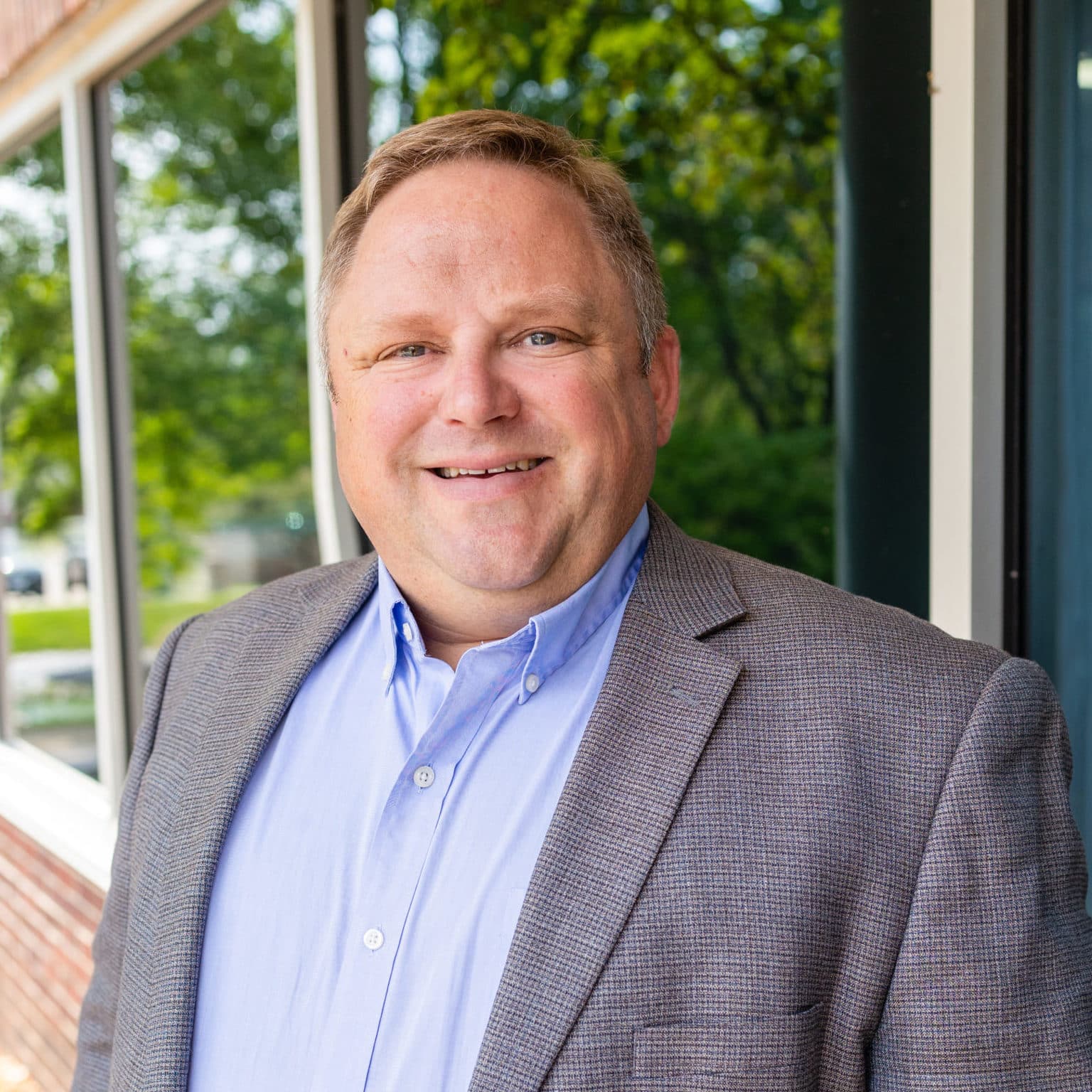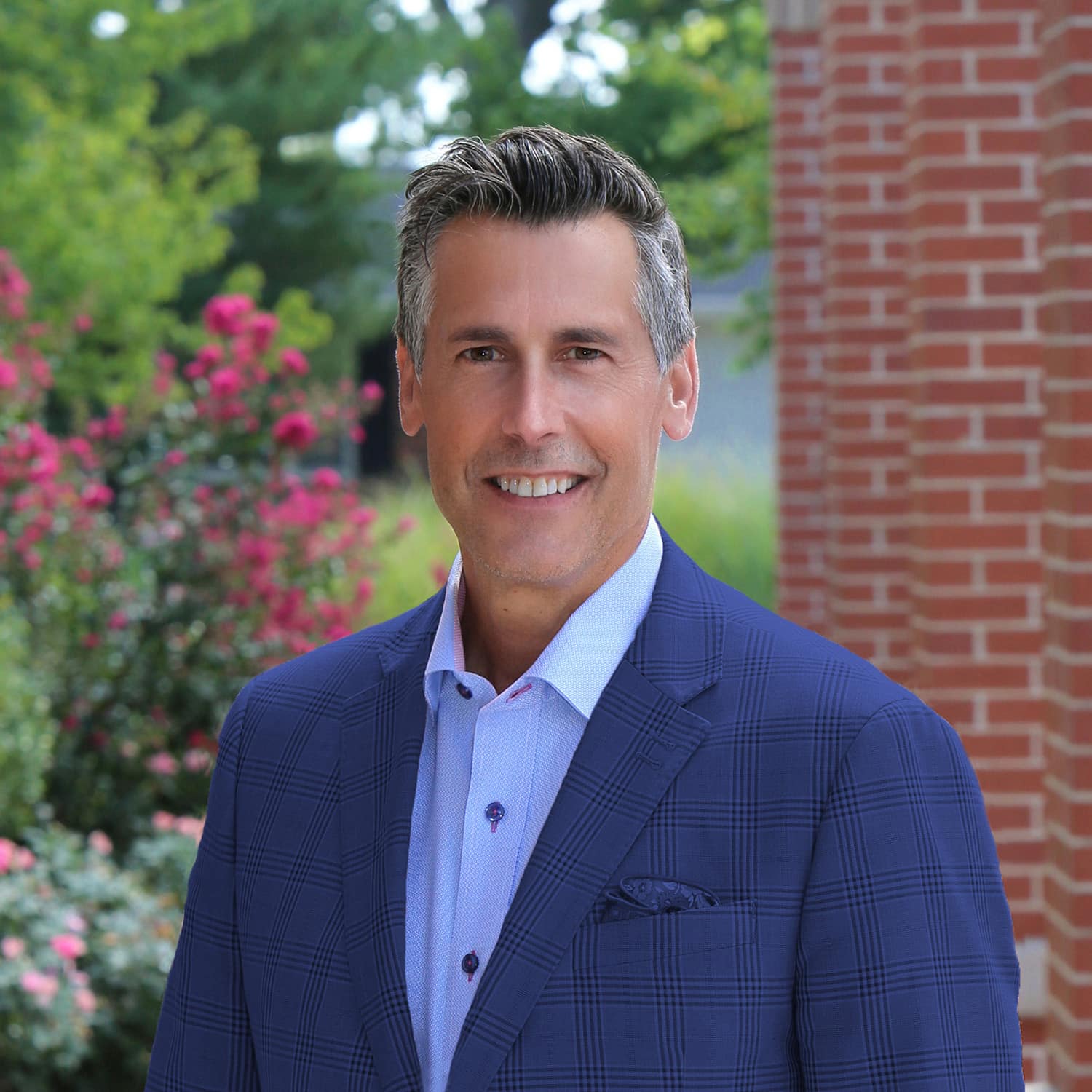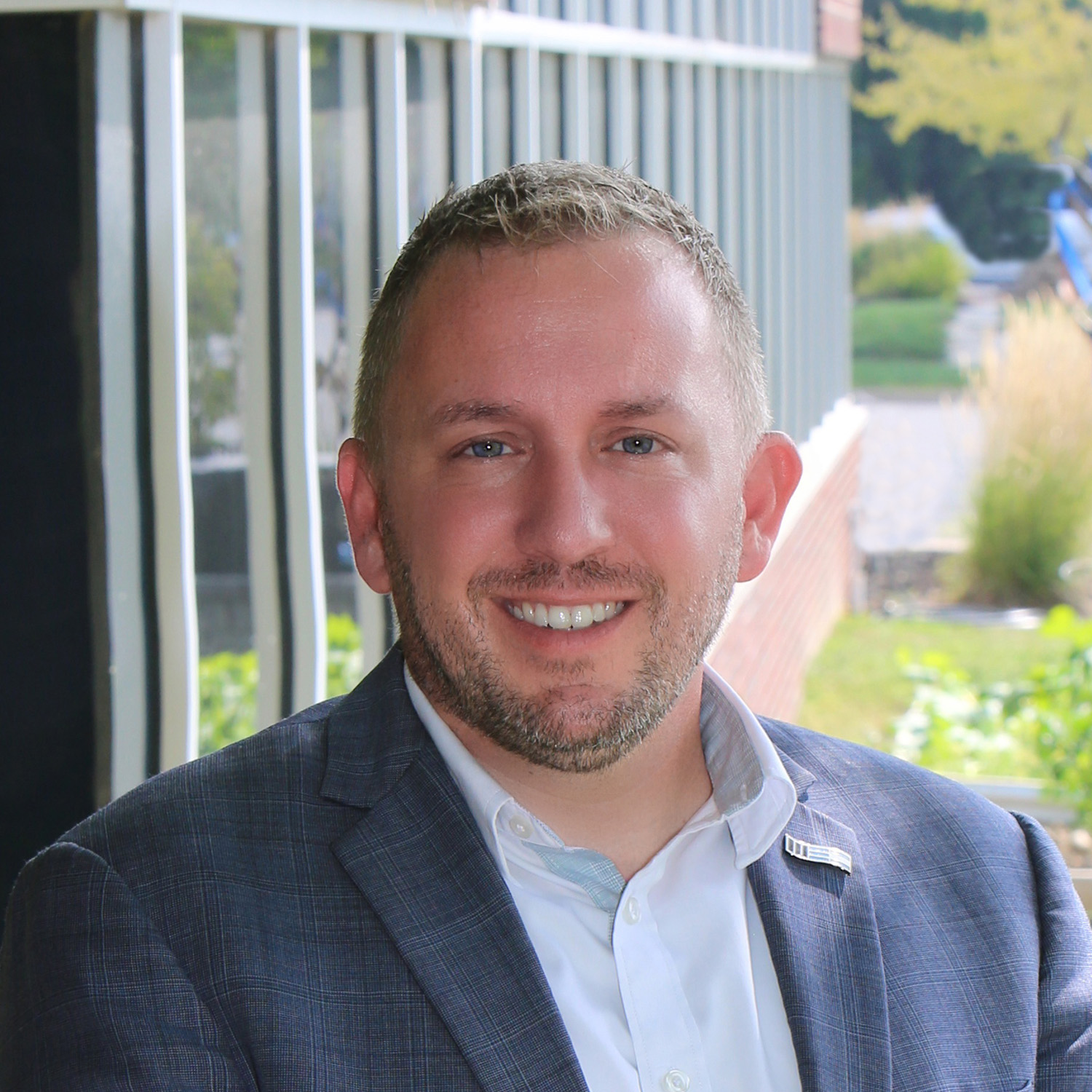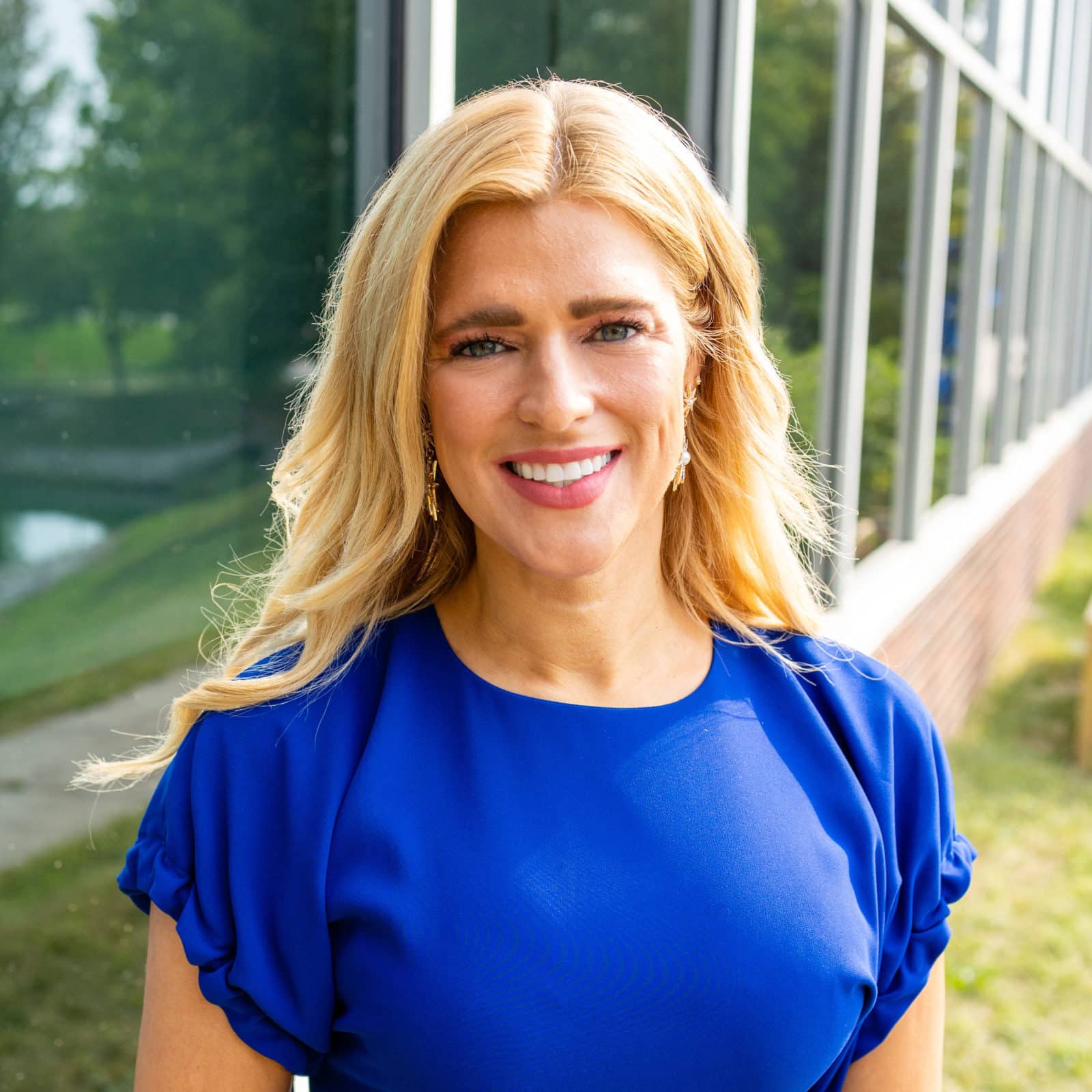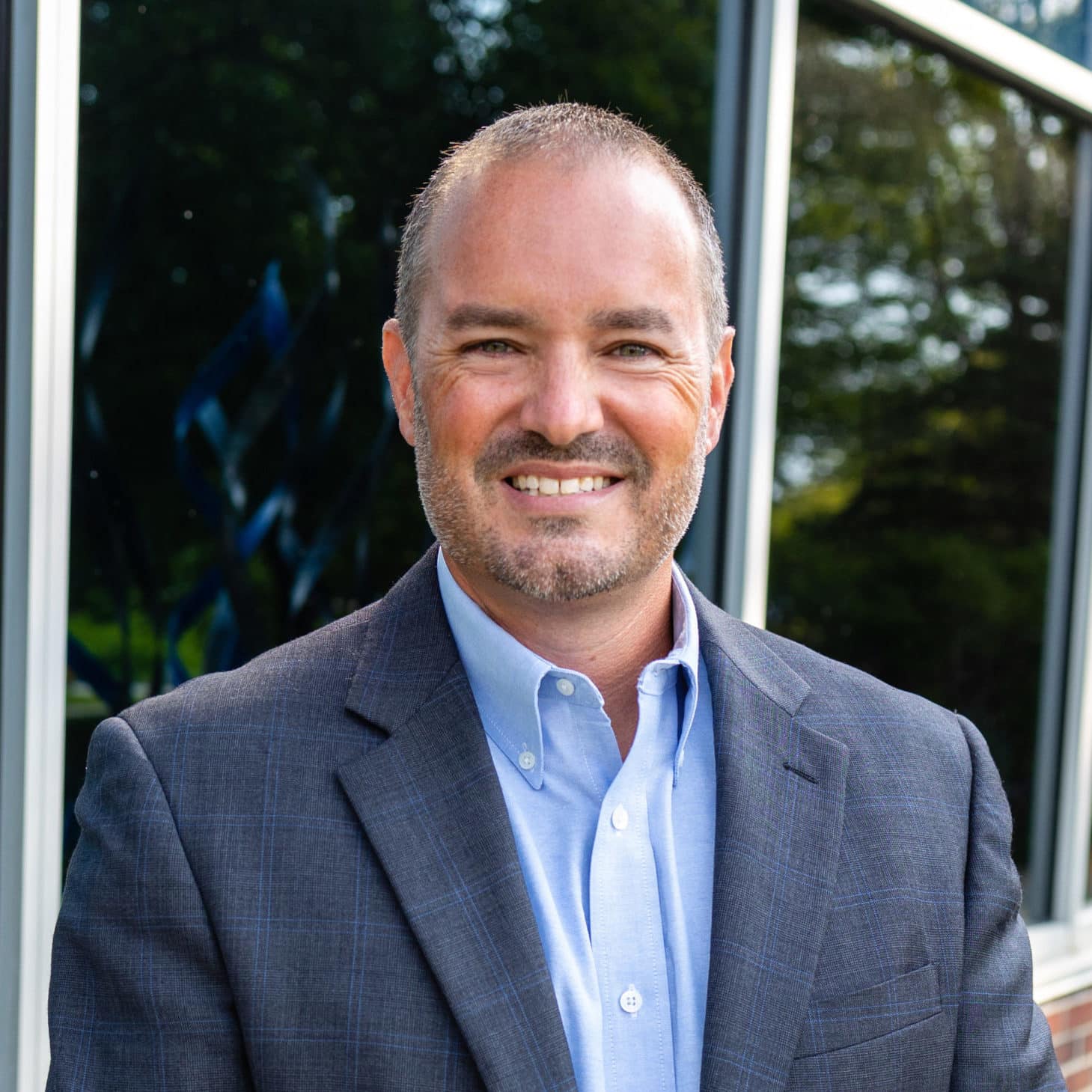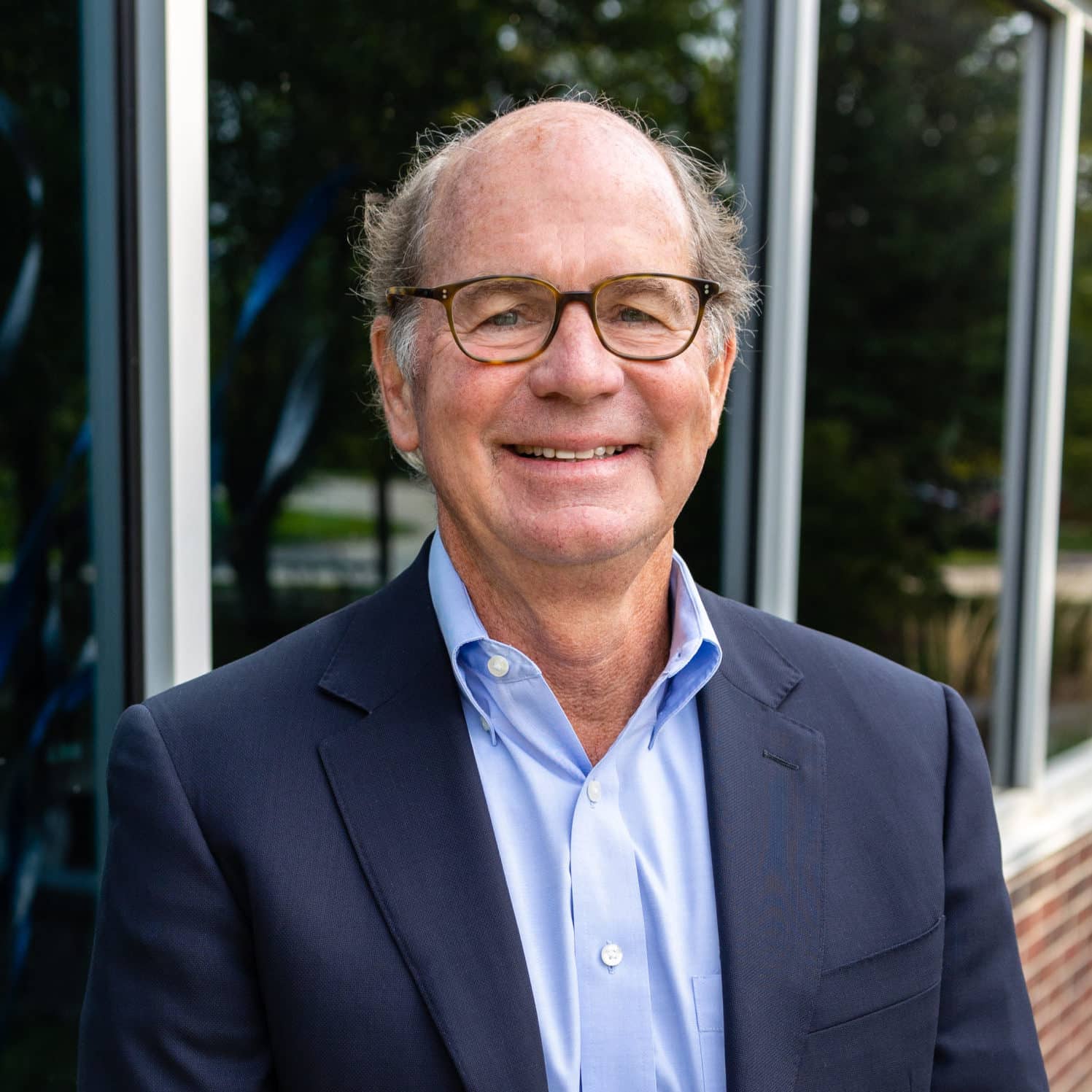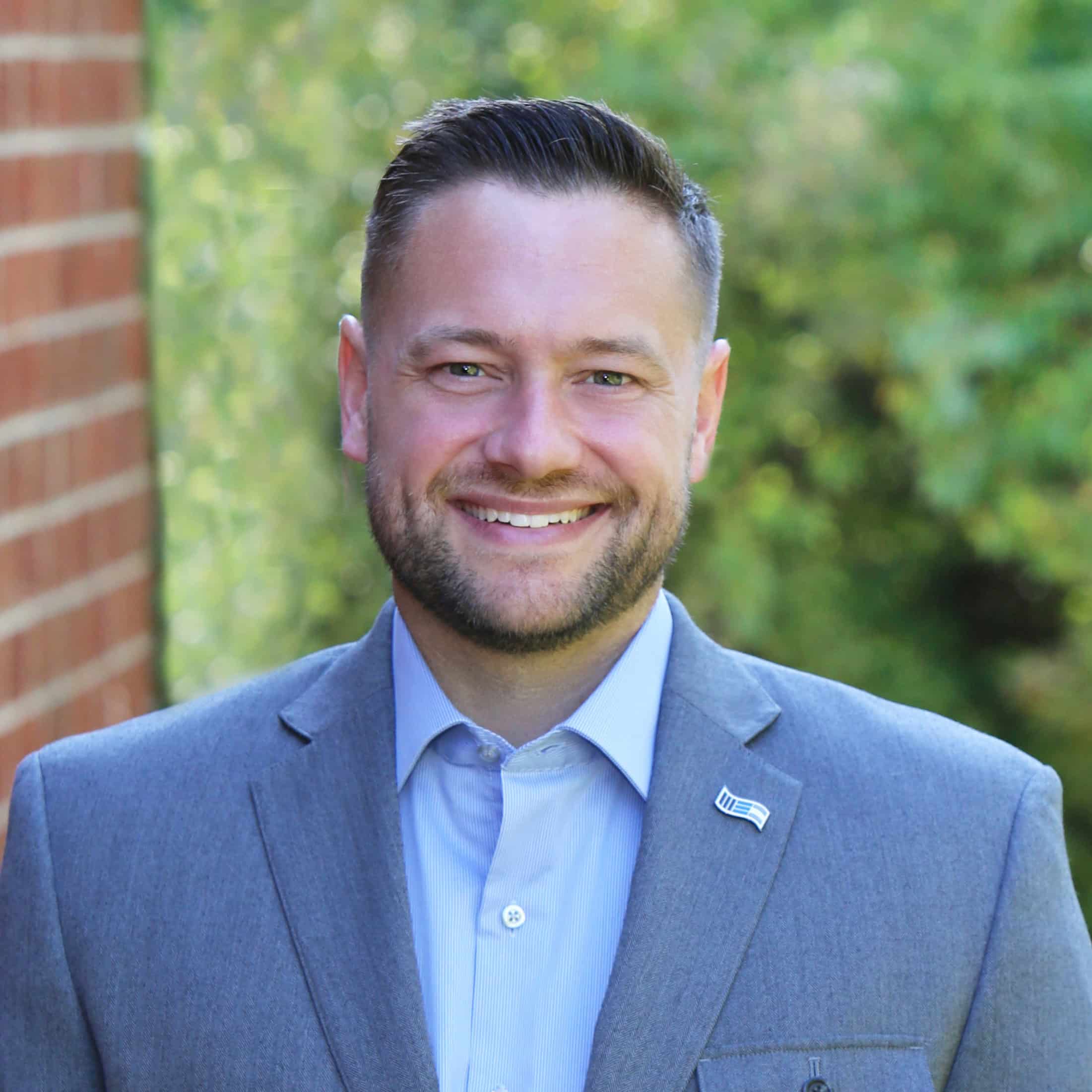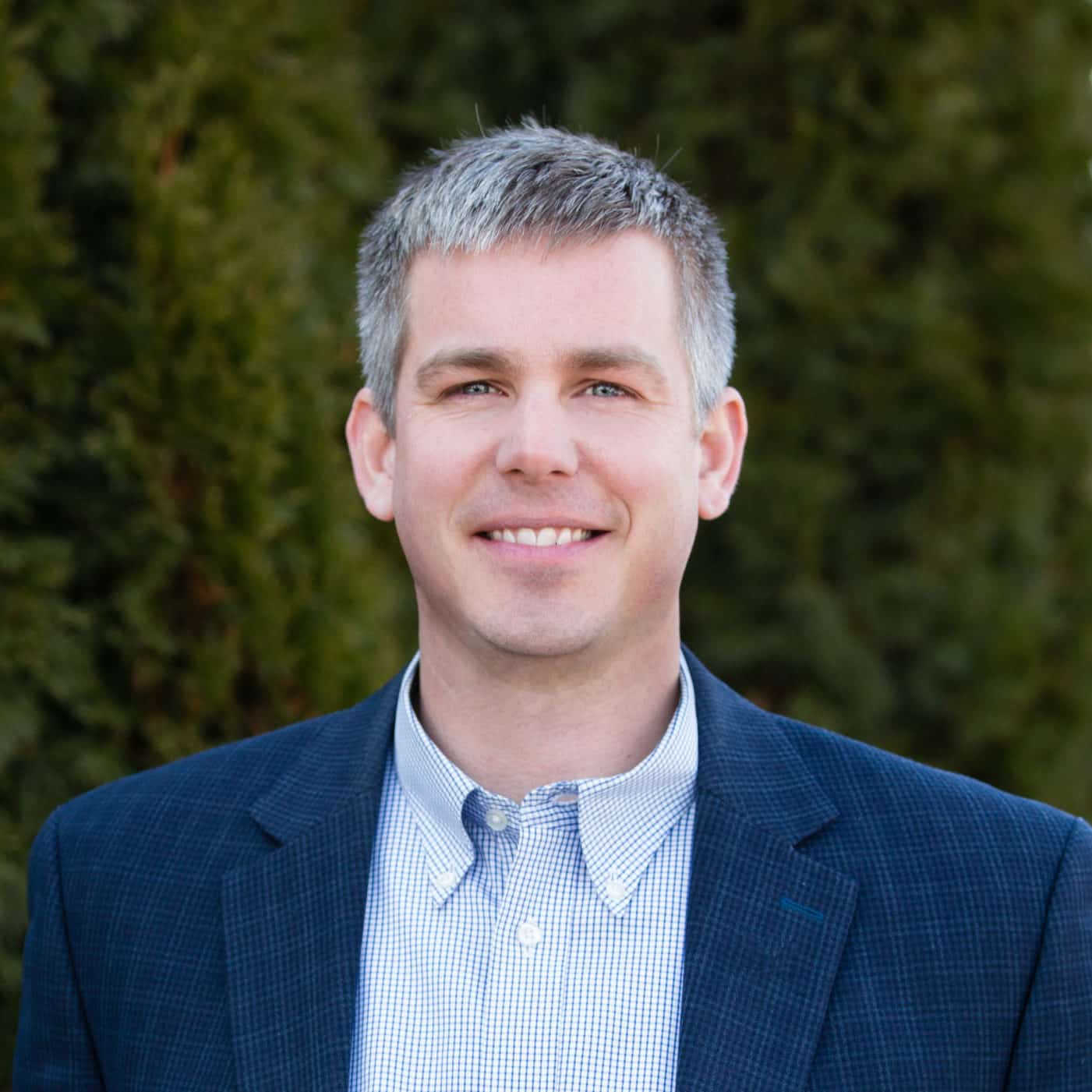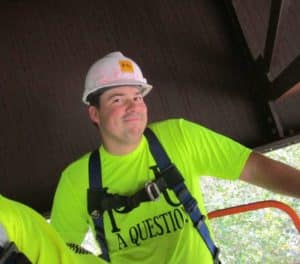
Mitch Gibler is a project designer and engineer in training at the Columbia office.
For McClure Engineering Company, an effective internship program means creating positions that offer long-term value to the company, identifying projects that offer hands-on experience, and receiving support from employees who can mentor college students and recent graduates. MEC’s internship program was planned with these principles in mind, knowing that statistically about 40 percent of new hires come from these programs.
During the planning stages, she sought input from co-workers to build a strong program. These employees would offer guidance and make sure interns received professional experience. Because MEC’s interns work on a wide range of projects, they are just as likely to be in the field as they would be behind a desk.
Matched Ideals
The next step is finding students whose goals and interests align with the objectives of the internship — and several MEC interns have joined the company as full-time employees after they graduated from the program.
Mitch Gibler, a University of Missouri – Columbia civil engineering graduate, started his internship in January 2016 during the final semester of his senior year. He is now a project designer and engineer in training at MEC’s office in Columbia, Mo.
Gibler has several engineers in his family, including uncles, a grandfather, and great uncles. He has been interested in engineering since the eighth grade. “I have always been math and science focused and thought that becoming an engineer was the best use of my talents and interests,” he added.
Gibler’s mindset matched the ideals of MEC, and he discovered the discipline he currently practices during his internship. Mentored by Dustin Berry, P.E., a project engineer in the company’s infrastructure services department, Gibler helped Berry with complete tasks on multiple bridge projects.
“At that time, he had 75 bridges he was either repairing or replacing for Lincoln County and needed help with quantities, specifications, utility location and relocation, and construction plan review,” Gibler said. “In addition to those tasks, I performed watershed analyses for several counties in mid-Missouri and used that information to size and design box and pip culverts. I also learned the basics of bridge design by doing bits and pieces of design where needed.”
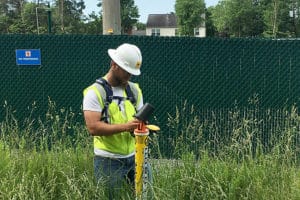
Aaron Holderness was hired as a full-time employee after an eight-month internship in 2017.
Aaron Holderness, a student in the pipeline integrity program at Oklahoma State University Institute of Technology (OSUIT), started his internship in MEC’s corrosion services department in May 2017. After an eight-month internship, he was hired as the warehouse manager at the Tulsa location.
Holderness also has family in the oil and gas industry, including his father who works for a company that builds compressors and turbine stations for natural gas pipelines. “Oil and gas is an industry that you have to get a feel for — it is not for everyone,” he said. Initially, he worked for three months with Corey Holmes, managing director of corrosion services, performing close interval surveys (CIS) on pipelines. Then he spent five months in the construction services department, working under Reese McClain, managing director of construction services, and Dean Denton, construction superintendent.
“What I liked about construction services was the hands-on experience and doing something new every day,” Holderness said. “One week, I was putting in a deep well, and the next, I was working on a conventional well. I was also able to operate machinery, like backhoes, skid steers, and bulldozers.”
Ready for the Real World
Interns at SKW report that the program has prepared them for employment.
Holderness said when he graduates in April 2018, he would like to return to construction services and work in the field. “Compared to other students in my class, I received a lot of experience and became really familiar with CIS and construction,” he said. “My internship put me into a position to lead a crew when I go back to construction services.”
Gibler said his internship prepared him for a full-time position by making him self-reliant and exposing him to actual projects and processes. “I also felt valued since I was contributing to billable work and helping the project stay profitable,” he said. “Since I was essentially doing the same work as I am now full time, I felt like I could build off my experience from the internship and help shape my department for the better with a new perspective on the design process.”

